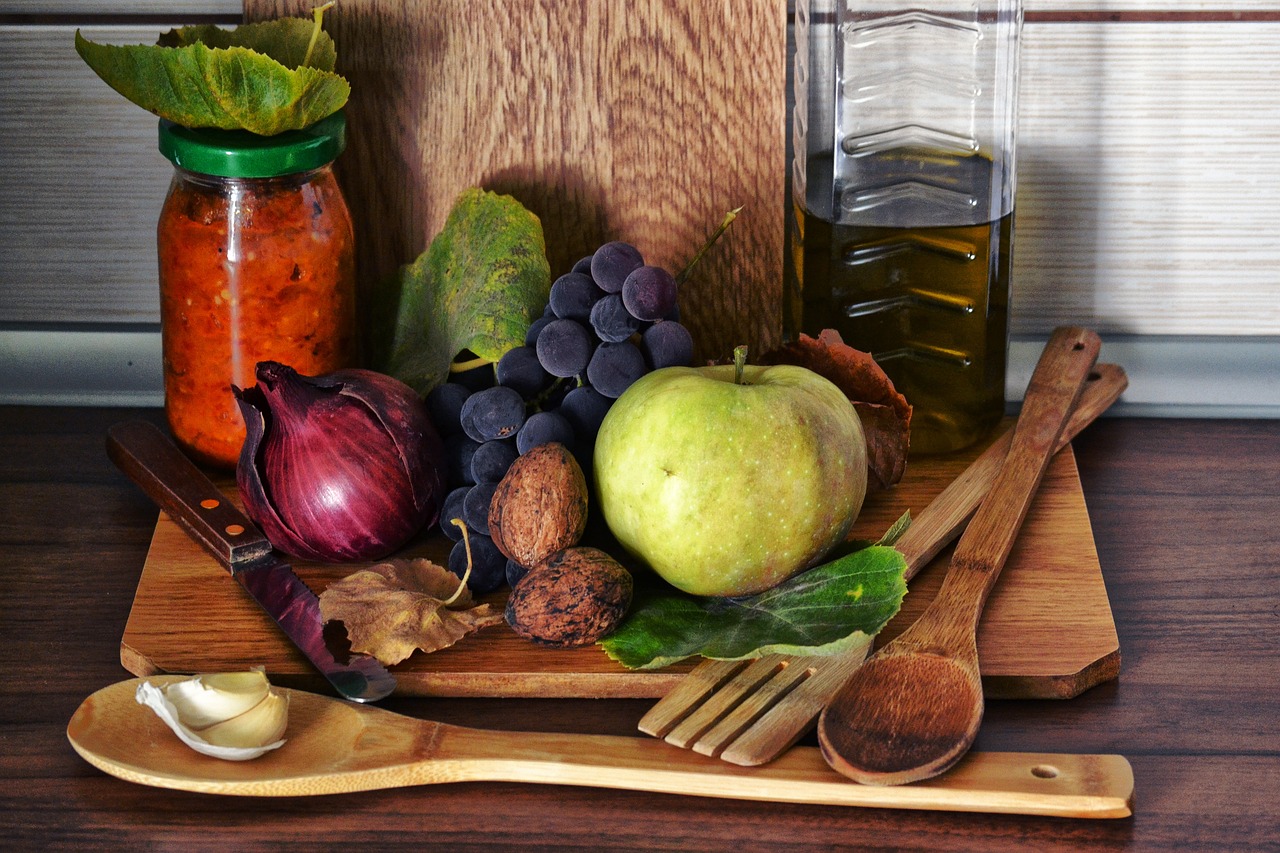The Role of AI in Food Production and Distribution
Advancements in artificial intelligence (AI) have revolutionized the agricultural sector, particularly in enhancing crop yield. Through the utilization of data analytics and machine learning algorithms, AI can analyze vast amounts of data to predict crop diseases, optimize irrigation schedules, and monitor soil health. This enables farmers to make more informed decisions, resulting in increased productivity and higher yields.
Moreover, AI-powered technologies such as drones and sensors play a crucial role in precision agriculture by providing real-time information on crop health and growth patterns. By identifying areas that require specific attention, such as pest infestations or nutrient deficiencies, farmers can intervene promptly, leading to improved crop health and overall yield. The ability of AI to offer precise and data-driven insights has significantly transformed traditional farming practices, paving the way for sustainable and efficient agricultural production.
Improving Efficiency in Food Processing through AI
AI technology in food processing has revolutionized the way tasks are accomplished in the industry. Through the utilization of AI algorithms and machine learning, intricate processes such as sorting, grading, and quality control have been streamlined, leading to significant improvements in efficiency. With the ability to analyze vast amounts of data quickly and accurately, AI systems can make data-driven decisions that optimize production processes and reduce waste.
Moreover, AI-enabled systems can automate repetitive tasks in food processing, allowing for a more seamless and consistent production flow. This automation not only enhances efficiency but also minimizes the margin for human error, resulting in higher-quality products. Additionally, AI technology enables real-time monitoring and adjustment of various parameters within the production line, ensuring that operations run smoothly and resources are utilized effectively.
How can AI enhance crop yield in food processing?
AI can help farmers by providing real-time data on crop health, soil conditions, and weather patterns, allowing for more precise and efficient farming practices to increase crop yield.
What are some ways AI can improve efficiency in food processing?
AI can automate tasks such as sorting, grading, and quality control in food processing, reducing human error and increasing overall efficiency. It can also optimize production schedules and predict maintenance needs to minimize downtime.
Can AI help in reducing food waste during processing?
Yes, AI can analyze data to help identify inefficiencies in the processing line that lead to food waste. By optimizing processes and reducing errors, AI can help minimize food waste and improve overall efficiency.
Are there any challenges in implementing AI in food processing?
Some challenges in implementing AI in food processing include initial investment costs, integration with existing systems, and ensuring data privacy and security. However, the benefits of increased efficiency and reduced waste often outweigh these challenges.





